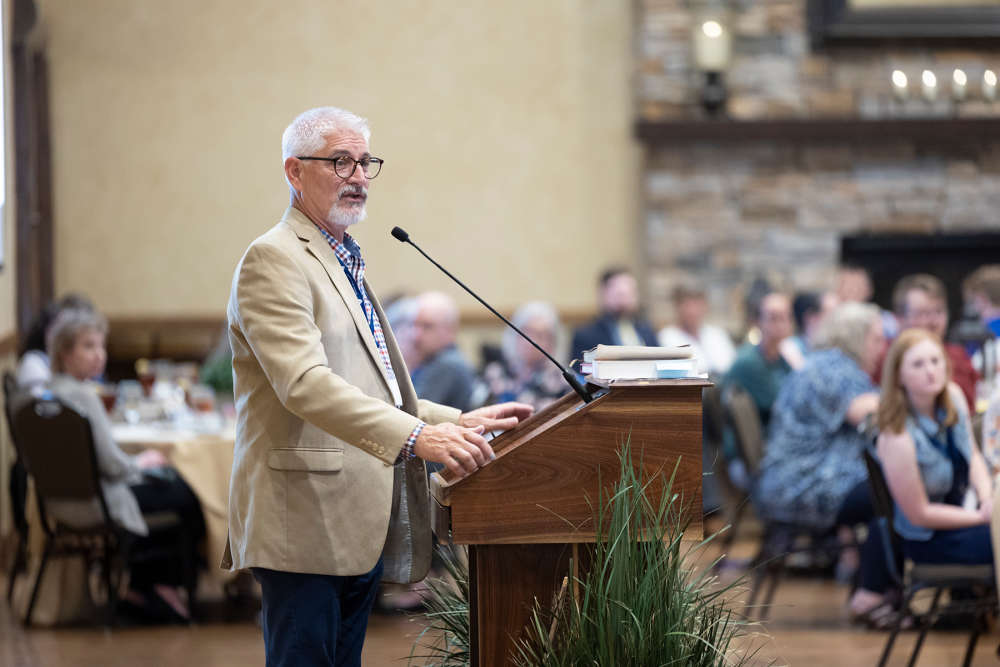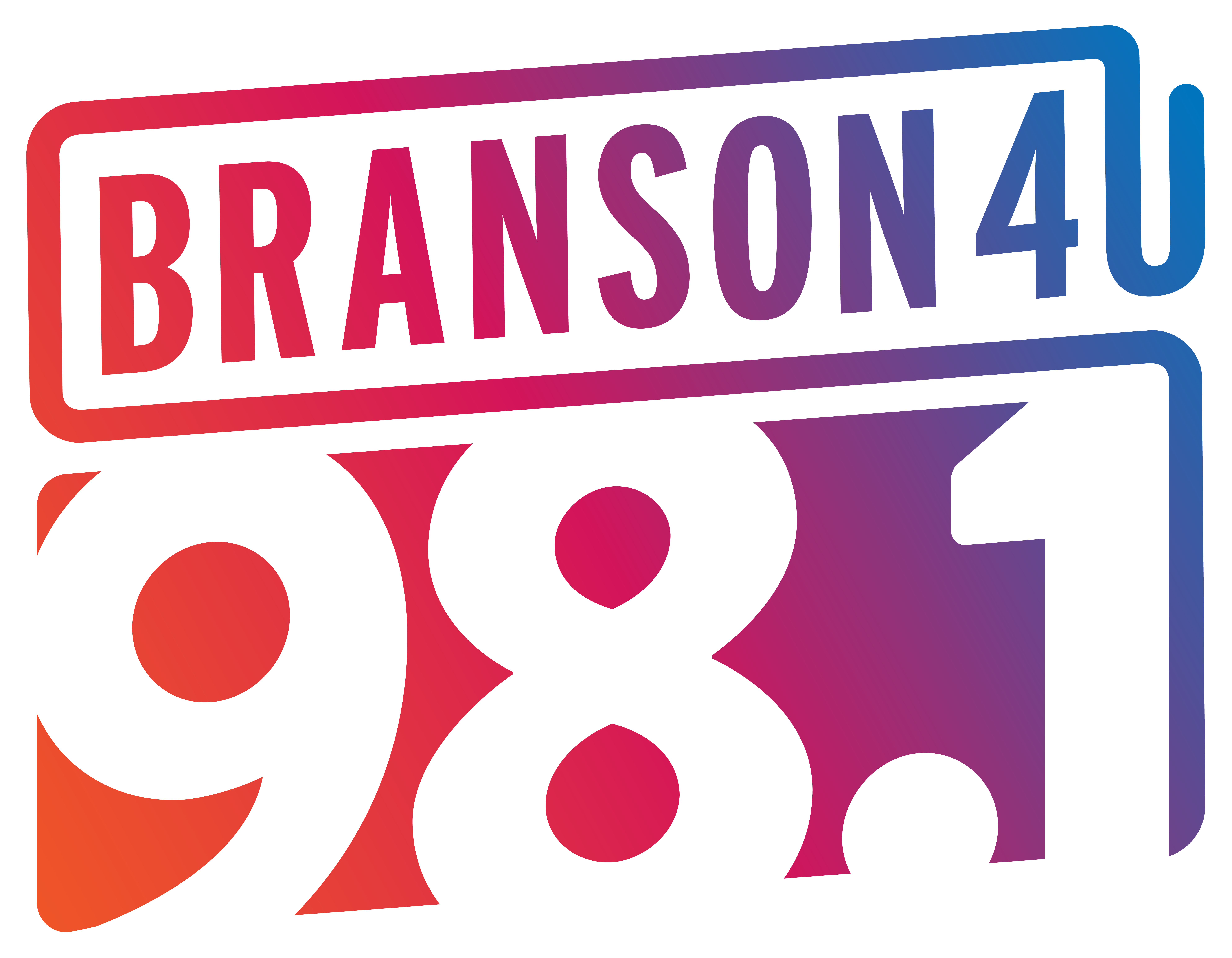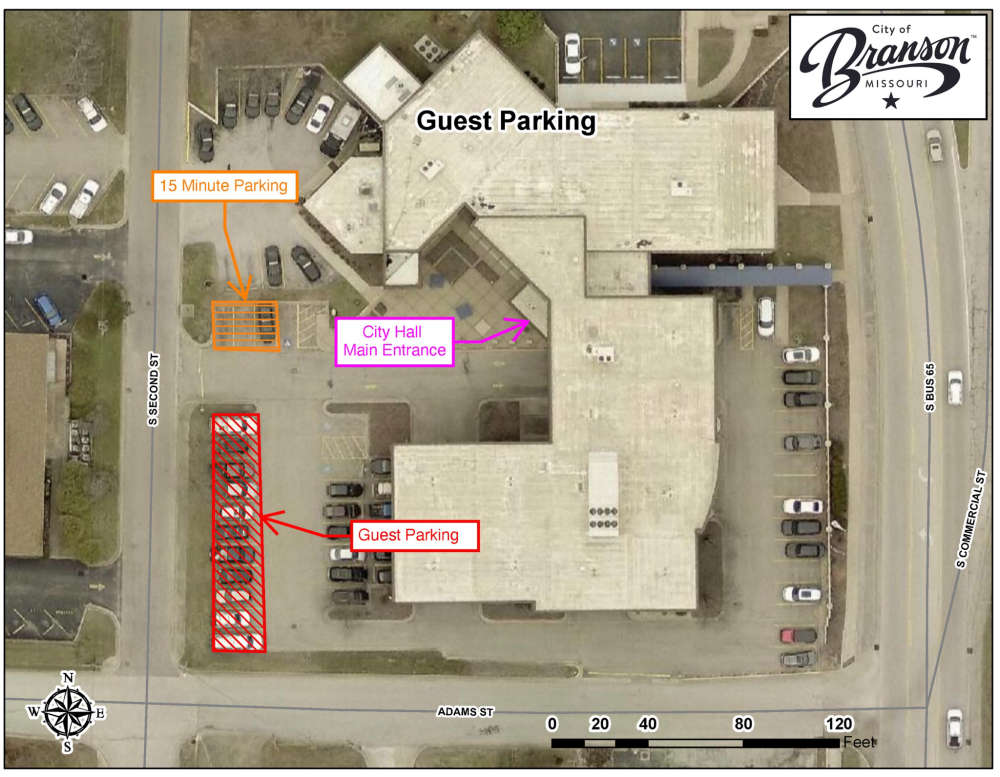
POINT LOOKOUT, MO — The School of the Ozarks hosted their first teacher training on July 22-25, for teachers who are in their first years of teaching within the Classical Christian Education model. Over 100 teachers throughout North America attended the three-day training sessions, with most of their expenses being paid by the Stanley M. Herzog Charitable Foundation.
“We want to help train teachers to give an education that many of us did not receive. When the movement will really take off is when those who have been classically educated come back to teach and run these schools,” said Dr. Brad Dolloff, dean of School of the Ozarks. “Through the preparation and training of these new teachers, they are better equipped to accomplish the goal of growing the movement of Classical Christian Education to create disciples for Christ. School of the Ozarks looks forward to expanding their teacher training so the influence of Classical Christian Education will continue to transform students, teachers, and families.”
Dr. Brian Polk serves as the new director of the Center for Classical Christian Education at School of the Ozarks and the director of accreditation at Society for Classical Learning (SCL). Through his roles, Polk will lead the future training of teachers in developing the Classical Christian model and help schools become accredited through SCL.
“We believe that Classical Christian Education has the ability to transform hearts, lives, and our culture,” Polk said. “We believe this so strongly that we want to share that transformation with other people.”
Sessions led by the School’s seasoned classical educators aimed to equip teachers with practical tools and knowledge that will benefit those who are new to the Classical Christian movement. Dr. Kyle Rapinchuk, head of school at Sager Classical Academy and the former curriculum director at the Beulah I. Winfrey Upper School at School of the Ozarks, planned the training alongside the School of the Ozarks staff and led sessions for grades 9-12. Additionally, Jenni Carey, the S. Truett Cathy Lower School’s curriculum director, led 6-9 training, while Beth Howard, kindergarten teacher, led K-6 to better accommodate teachers' individual needs.
There were four main sessions that every teacher attended: Purpose, Preparation, Pedagogy, and Portrait. For teachers in their first few years of teaching classically and Christianly, it was necessary to establish the purpose of Classical Christian Education, which required defining and cultivating wisdom and virtue for students and their families. Preparation of teachers looked different for each grade level; however, it was centered around the question, “How can we, as teachers, best serve our students and parents?”
Pedagogy, or “strategic teaching,” focused on student learning with an emphasis on effective assessment, classroom management, and the principles of teaching. Lastly, the portrait of a graduate session gave teachers insight on what qualities a well-rounded student should possess as they leave their respective institutions, rooted in becoming a more complete image of Christ.
“I’m encouraged that this is something that matters across the country, that people see this as important, and that lots of people are willing to make the sacrifice to invest in these kids with this kind of education,” said Evan Adams, teacher of Greek and Integrated Humanities at Classical School of Wichita.
Training with The Herzog Foundation
The Herzog Foundation dedicates itself to aiding teachers, administrators, and schools in improving the quality of K-12 Christian education and growing its impact and accessibility through training sessions, online resources, and grants.
Sadie Elliott, training director at the Herzog Foundation, reminded teachers that, “The health of the [Classical Christian education] movement today will only be as healthy as you are—physically, spiritually, mentally. If our students do not see it in us, we are not going to see it in our students.”
Elliott’s words reflect the mission of Classical Christian Education, which centers around not only training students to reason well, establish a biblical worldview, and cultivate virtue, but to also model these ideals for their students.
Cheering on newly trained teachers
At the end of the training, teachers had, in hand, a network of teacher and administrative contacts for future questions, advice, or simply an encouraging word. Dr. Michael Wiebe, assistant to the dean of School of the Ozarks, desired for the teachers in attendance to feel supported as they enter the upcoming school year. Nearly 20 of the School of the Ozarks teachers and administrators who led the training lined the school hallways to cheer for the teachers who completed their training.
“Other teachers are the most valuable asset a new teacher has,” Rapinchuk said. “They can provide advice, encouragement, and the exchange of ideas.”
The walkthrough reflected a tradition that the School does for its graduating seniors on their final day of high school, which leaves them more confident to move forward in their work outside of the School’s walls.
To learn more about the Herzog Foundation and its impact on Classical Christian Education, visit: https://herzogfoundation.com/about/.
The above press release is from the College of the Ozarks.





 NWS Warns of Fire Danger
NWS Warns of Fire Danger
 Branson City Hall Update Begins This Week
Branson City Hall Update Begins This Week
 Drought Conditions Remain Steady Across the Lakes Region
Drought Conditions Remain Steady Across the Lakes Region
 Arkansas Public Television to End Affiliation with PBS
Arkansas Public Television to End Affiliation with PBS
 Cold Blast Prior to Warm-Up
Cold Blast Prior to Warm-Up